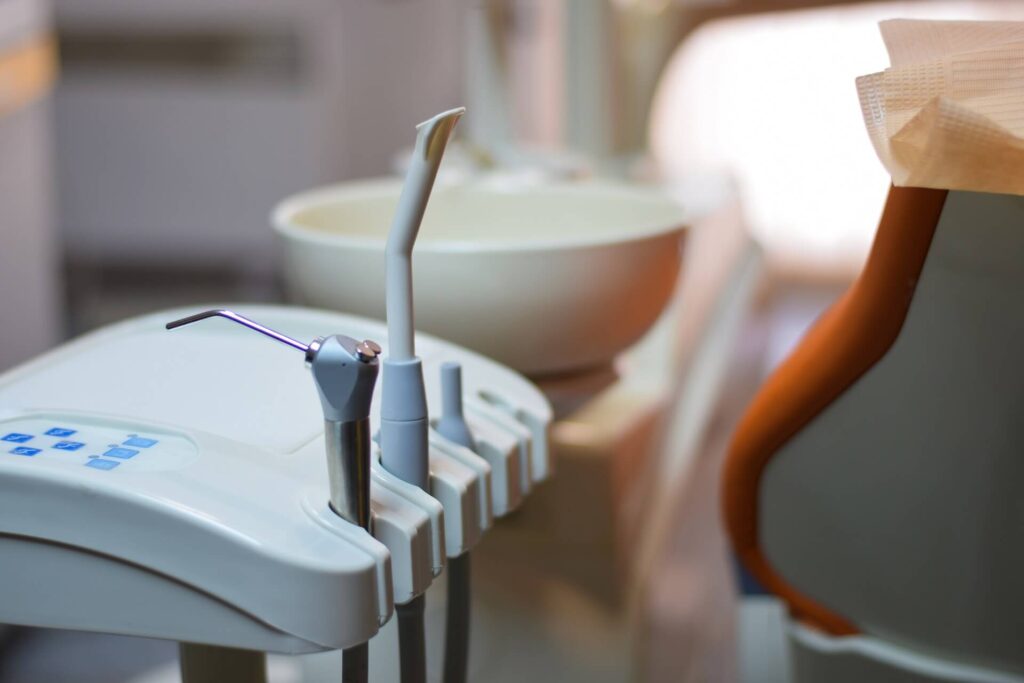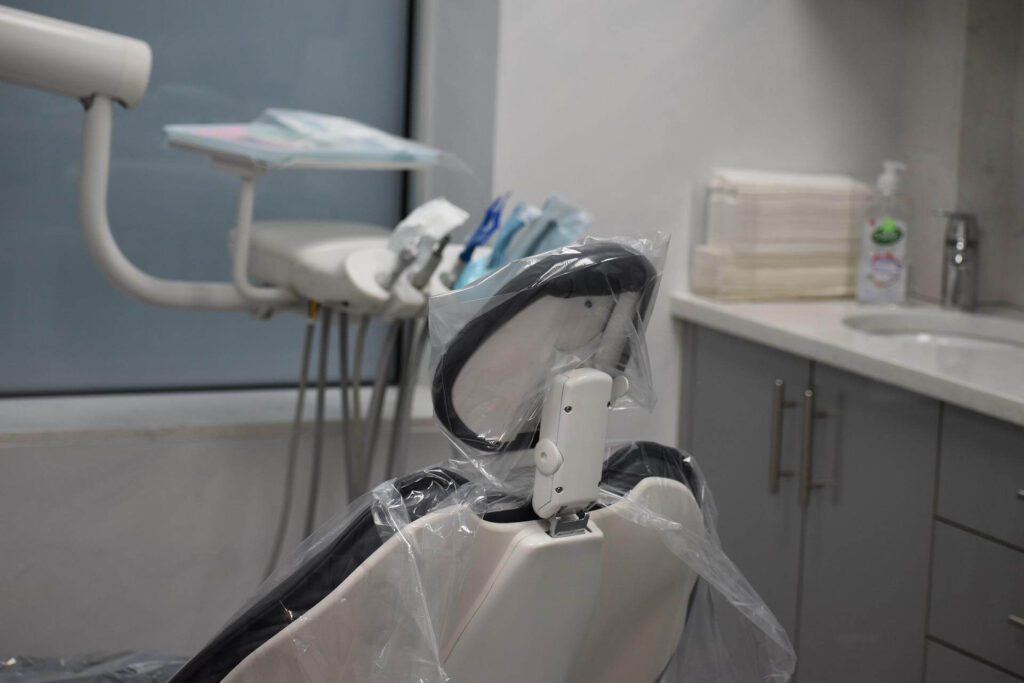Summary
- Studies suggest that 36% of the population suffers from dental anxiety.
- 12% of the population could suffer from extreme dental anxiety.
- There is not a single known cause for dental anxiety.
If you are worried about your appointment, you might find yourself panicking, scrambling to what seems like the millions of options on how to make the process less painful. However, despite all the concern that is generated by going to the dentist, this is not as much of a problem when people use tools designed specifically for dental anxiety.
What Is Dental Anxiety?
Educate Yourself About Dental Anxiety
Practice relaxation techniques before your appointment
Bring a friend or family member with you to appointments

How To Deal With Dental Anxiety?
Accept That Dental Anxiety Is Real
Talk About Your Fears With Someone You Trust
Practice relaxation techniques before going to the dentist

What Types Of Sedation Is Used For Anxiety?
Nitrous Oxide
Nitrous Oxide is a very safe form of light sedation is also known as ‘laughing gas’. This method can relieve anxiety and increase the feeling of relaxation during the procedure. The patient is still completely awake and conscious. After the sedation is terminated, the effects of nitrous oxide do not last very long (several minutes at most). This unique characteristic of nitrous oxide use allows the patient to return to functioning normally soon after the appointment ends.
Oral Sedation
Oral Sedation is another way to achieve a sedation effect for dental procedures by taking oral sedation pills that are prescribed to you by the dentist. During the procedure, the dentist will monitor the patient’s vital signs. Oral sedation can be combined with nitrous oxide to have an additive effect. The patient is still conscious and breathing on their own.
Intravenous (IV) Sedation
This method is also considered another form of conscious sedation, however, the patient’s awareness of the procedure is minimal, and typically they cannot remember the procedure itself. Vital signs are monitored closely by a designated and trained clinical team member.
Are there different levels of Sedation Dentistry?
Minimal Sedation
Being awake but relaxed.
Moderate Sedation
Remembering the procedure but you might be slightly dizzy during or after.
Deep Sedation
Being held at the edge of the consciousness but you are still awake.
General Anesthesia
Being completely unconscious.
Final Thoughts On Dental Anxiety
Frequently Asked Questions
Yes, we also do what we can to accommodate any dental anxiety.
It will depend on the type of sedation, and how long the procedure is.
